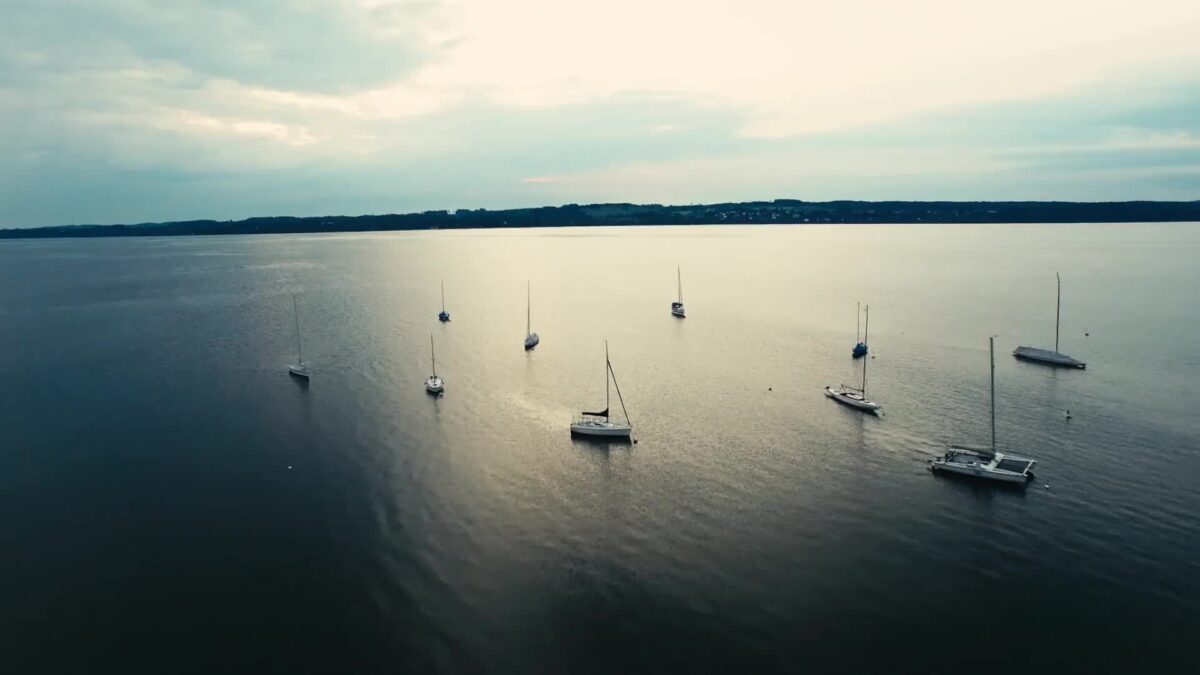In April 2016, I discussed a scientific paper entitled “Somalia, Between its Division and Terrorization.” In that paper, I pointed out the successive birth of terrorist organizations along the African coasts overlooking the Indian Ocean. I remember at the time that one of the colleagues present objected to that scenario and emphasized that the matter would not be the case in some African countries whose coasts overlook the Indian Ocean, such as: (Mozambique, Mauritius, Madagascar, Seychelles), justifying that by the small number of Muslims in those countries, as if Islam was the one that brought terrorism. That colleague forgot two facts that the people of Africa are aware of before others: First: the percentage of Muslims in Africa is often manipulated, and terrorism is a behavior alien to the African society, which is peaceful by nature. Terrorism made its way to Africa since the arrival of those who decide the course of power and rule in Africa. It is sufficient for the reader to browse the poems of the Caribbean poet Breman to learn how modernity and culture moved from Africa to Europe and not the other way around. Second: Islam is the only obstacle that the colonizer faced when he wanted to separate the African citizen from His values and principles are admirable, and what’s even more remarkable is that he continues to confront them to this day. What’s even more remarkable is that he hasn’t succeeded.
The proliferation of terrorist organizations in Africa and talk of sectarian ideologies no longer occupy the largest space in the African press, nor even in the gatherings of African elites untainted by political money. These elites are now preoccupied with what’s called « Afro-Optimism, » meaning « African optimism. » These elites are working on how to shape the continent’s future on a global platform, attempting to shape the continent’s future, even if they are far removed from the decision-making process. This is done through collective efforts supported by Africans living abroad. As for these terrorist organizations and sectarian ideologies, Africans now view them as a card to be used when players in the African arena disagree over gains. Consequently, the bet is on the next African political leaders, who must realize that there is a difference between reaching power simply for the sake of governance and reaching the homeland to address its ills and ward off extortion.
After ISIS seized the port of Mocimboa da Praia in northern Mozambique last August 2020, I began silently assessing all Gulf interests, not only on the African coasts overlooking the Indian Ocean, but across the entire African continent. This silence was only broken by a phone call from Saudi Arabia from a promising researcher I had worked with while writing the Red Sea Encyclopedia. She asked me if the growing Gulf interests on the Indian Ocean coast were being targeted as a result of what had happened in Mozambique. From Mozambique to the coasts of South Africa, there are a group of global companies. Sometimes they compete for the largest investment share, sometimes they cooperate with each other, such as the American company ExxonMobil and the Italian company Eni. Sometimes they intervene to obstruct deals and block each other in order to obtain a gain from a third party, such as the French company Total, for example. Total often emphasizes its desire to be a partner in the energy sector in the Arab Gulf states. In 2019, Washington announced, through the American energy company Anadarko, the largest foreign investment in Africa, worth $25 billion in the liquefied natural gas sector in Mozambique. Washington asserted that this project would double the gross domestic product. So how did ISIS terrorism reach those regions that host the largest foreign investment in Africa? What appears to be happening is that the reasons that led to the civil war in Bangui in 2012 are beginning to recur in Maputo, albeit in a different form. The recent ISIS takeover of the oil field in Mozambique has two possible explanations: Either there is a dispute over the share between the international companies operating in Mozambique and the Mozambican state-owned company, which may have demanded an increase in its share, especially given that the Mozambican state-owned company only received a 15% share in the A5A field, for example, while the international companies received the lion’s share. The result was to threaten the ruling regime with the terrorist organizations card, convincing them that any objection that might arise would lead to the country being plunged into the unknown. Alternatively, the dispute is between the international companies themselves due to the discovery of new oil fields. But will Gulf interests be in the crosshairs of the conflict whose signs have begun to appear in Mozambique and the neighboring southeastern coasts of the Indian Ocean? The answer is yes. There are several scenarios:
The first scenario: A Gulf confrontation in the southeastern Indian Ocean, a Gulf conflict in the Horn of Africa. The African continent will extend along the southeastern coasts overlooking the Indian Ocean, all the way to South Africa and beyond. Each Gulf capital will use its own different tools, especially since some Gulf capitals have been present in the region since 1982. Other Gulf capitals have succeeded since 2011 in acquiring the most important investments in these regions, which later turned out to be sovereign institutions. Not to mention the success of Gulf states in displacing the international oil company Royal Dutch Shell when the latter sought to purchase a stake in a promising oil region near the southern coast of the Indian Ocean. Observers interpreted this as a precedent that would give these countries political power in the region. In light of this competition, which has deviated from its course and assumed the guise of conflict, the greatest beneficiaries will be terrorist organizations. This will strengthen their presence and proliferation in these regions, especially if the Gulf parties strike a deal with these organizations in exchange for disrupting or destroying the interests of the other party, which will naturally be ready to respond in kind, turning the region into a new hotbed of Gulf political capital. Scenario Two: Re-dividing Africa in a manner consistent with the challenges of the twenty-first century. It is likely that what is happening today in terms of the activity of terrorist organizations in the
Dr. Amina Al-Arimi
An Emirati researcher specializing in African affairs.

